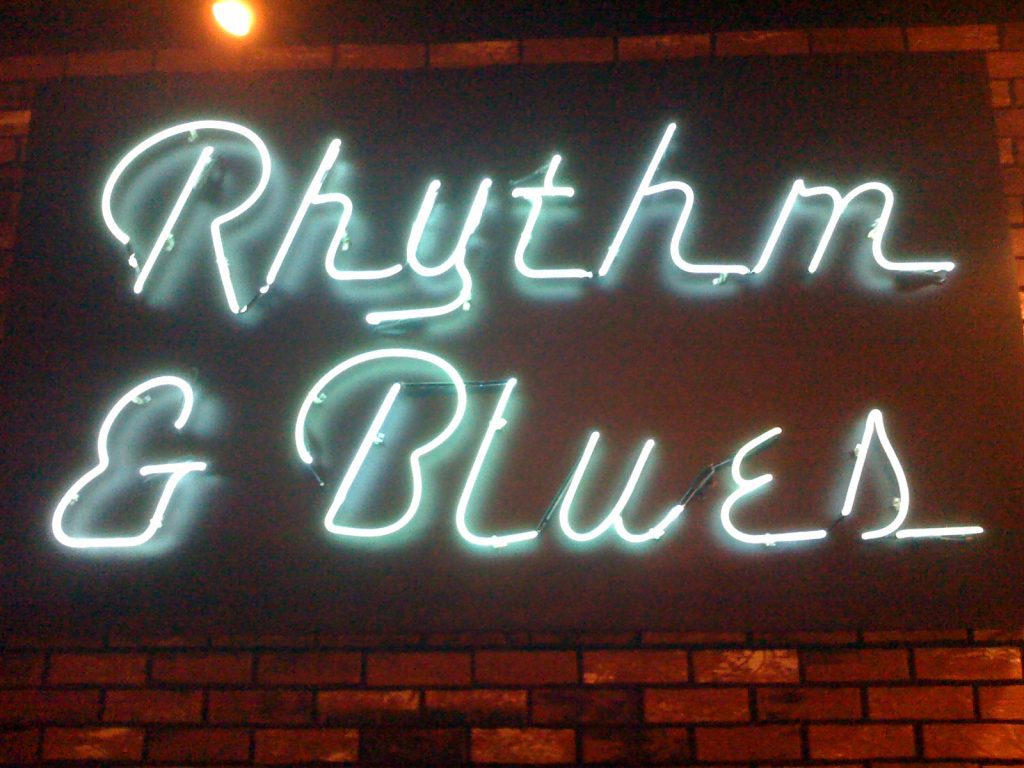With the wave of the Second Great Migration between the 1940’s and 1970’s, a new form of Black dance music began to arise. This new found music comprised of elements of jazz, blues, gospel music, and later pop became known as “rhythm and blues”, or R&B for short.
R&B was originally used as a tool for modifying and minimalizing African American music. However, as African American communities continued to face racial oppressions and other inequalities such as Jim Crow laws, the emergence of a vibrant & up-rising form of music came about. During the 1940’s through 1960’s rhythm and blues artists began to perform in juke joints, bars, and clubs.
R&B spread across the country from Los Angeles to New York City as it was stylistically diverse. R&B had the ability to adjust to the environment of any Black community. The Civil Rights Movement gave way to an integrated rhythm and blues group known as Booker T & the MGs. Their blending of unique southern sounds led to the formation of “Memphis Sound.” Booker T & the MGs defied the social implications of interracial mixing in the deep south.
[embedyt] https://www.youtube.com/watch?v=LhJfO8XJR-Y[/embedyt]
Beginning in the 1970’s gospel-styled vocals, urban contemporary & crossover aesthetic became popular within the transition of rhythm & blues music. Within this era artists such as Whitney Houston and Lionel Richie creating Black pop music. Into the 1990’s and the 2000’s the appearance of independent songwriter-productions led to a new found rhythm coining the term R&B. With this artists such as Mary J Blige, Alicia Keys, and Chris Brown came about. This form of R&B became a integral part of America’s mainstream society.
[embedyt] https://www.youtube.com/watch?v=Xxk4e59M8og[/embedyt]
R&B continued to become the face of African American music leading into the new decade. New technology such as computers, synthesizers and auto-tune further perpetuated the trends and elements of R&B music. Genres such as hip-hop and pop have pulled from past and contemporary elements of R&B. Today R&B music continues to thrive on the Billboard charts, and is used as a way to categorize multiple styles of black music.


